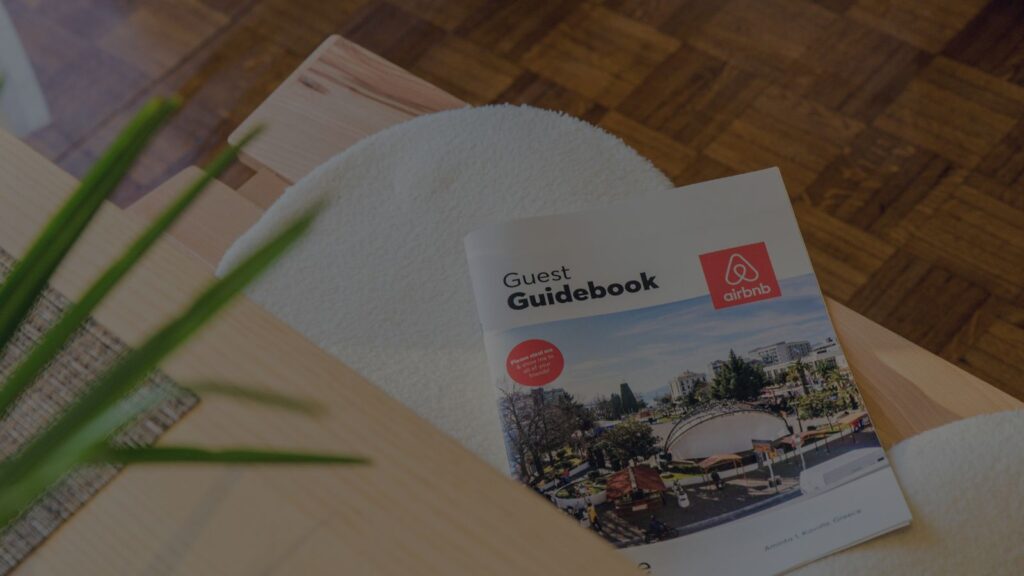Airbnb is a great choice for guests deciding between a pricey hotel with high hotel taxes. However, there are contingencies tied to hosting Airbnb guests, and the list continues to grow.
Zoning and Land Use Compliance
Land Development Code
Atlanta’s Land Development Code, Part III of the Code of Ordinances, governs most land use in Atlanta. You should consult Part 16 of the Land Development Code in particular to verify if your listing complies with zoning requirements or use definitions.
Important terms to review include:
- Apartment
- Bed and Breakfast Inn
- Dwelling Unit
- Family
- Guest House
- Hotel
- Lodging Unit
- Roominghouse
- Tourist Home
Building and Housing Standards
Atlanta has rules and regulations specifying minimum construction, design, and maintenance standards for buildings, including regulations on habitability, health, and safety. Certain regulations applicable to residential and non-residential uses may be relevant to your listing, including Appendices A to F of the Land Development Code.
You can review these here. For more information, contact the Atlanta Office of Code Compliance.
Licensing Requirements
Hotel License
Atlanta requires owners and operators of hotels and similar businesses to apply for and receive a license to operate. The license is issued through the Atlanta Police Department’s License and Permit Unit.
Please review Chapter 30, Article XI of the Code of Ordinances, or contact the Police Department or Office of Revenue for more information.
Business License
Atlanta generally requires anyone owning or operating a new business to submit an application and pay an annual tax. For new business owners, the City’s Zoning Enforcement Division verifies if the business can operate in its location.
You can review rules in Chapter 30, Article III of the Code of Ordinances. A step-by-step summary of the process is available on the Department of Finance’s website.
Taxes on Airbnb in Georgia
Hotel and Motel Occupancy Tax
Atlanta assesses hotel or motel occupancy taxes on any structure or building occupied by guests. Guests qualifying as a “permanent resident” (stays of 30 days or more) are exempt from the tax.
More information:
- City’s municipal code, Chapter 146
- Fulton County Tax Code
- State of Georgia Tax Code
Fulton County and the State of Georgia also impose a hotel or motel occupancy tax on guest stays of more than 30 days.
Frequently Asked Questions
What zoning rules apply to Airbnb properties in Atlanta?
If you’re listing an Airbnb in Atlanta, you must ensure it complies with the city’s zoning laws outlined in the Land Development Code. Specifically, review Part 16 for definitions and permitted uses related to short-term rentals such as “Apartment,” “Guest House,” or “Tourist Home.”
Do I need a hotel license to host an Airbnb in Atlanta?
Not always, but if your Airbnb functions similarly to a hotel or bed-and-breakfast, you may need a hotel license issued by the Atlanta Police Department’s License and Permit Unit. Consult Chapter 30, Article XI of the Code of Ordinances for details.
Is a business license required to operate an Airbnb?
Yes. Atlanta requires anyone operating a business—including short-term rentals like Airbnb—to apply for a business license and pay an annual tax. The Zoning Enforcement Division also verifies if your business can legally operate at its intended location.
What taxes do Airbnb hosts and guests need to pay in Atlanta?
Airbnb guests in Atlanta are subject to hotel and motel occupancy taxes imposed by the city, Fulton County, and the State of Georgia. However, guests staying 30 days or longer are considered “permanent residents” and are exempt from this tax.
Are there specific housing and building codes I must follow as a host?
Yes. Atlanta enforces strict standards for safety, habitability, and maintenance of rental properties. Refer to Appendices A through F of the Land Development Code, and contact the Office of Code Compliance to ensure your property meets all requirements.

